How does feedback impact performance in the workplace?
Feedback is a fundamental aspect of any workplace, influencing employee motivation, productivity, and overall success. Whether positive or constructive, feedback provides valuable insights that can shape an organisation's culture and drive continuous improvement. In this blog, we will explore the various ways feedback impacts a workplace and why fostering a feedback-rich environment is crucial for sustained growth and employee satisfaction.
Feedback acts as a catalyst for personal and professional growth
When employees receive constructive feedback, they gain valuable insights into their strengths and areas for improvement. Such feedback helps employees identify skill gaps and set development goals, driving them to extend their capabilities. Additionally, positive feedback boosts confidence and acknowledges their efforts, which further encourages them to excel in their roles.
Timely and constructive feedback is vital for improving individual and team performance
By highlighting areas that need attention and celebrating achievements, employees can understand what works and what needs refinement. Feedback helps in setting clear expectations, aligning individual goals with organisational objectives, and monitoring progress effectively. Regular 1to1 sessions enable managers to address performance issues promptly, preventing potential bottlenecks and fostering a culture of continuous improvement.
Feedback significantly impacts employee engagement and motivation
When employees receive recognition and appreciation for their contributions, they feel valued and acknowledged. This emotional connection with their work and organisation drives intrinsic motivation, making employees more committed to their roles and responsibilities.
Feedback not only boosts morale but also reinforces a sense of purpose, aligning employees with the organisation's mission and vision. Engaged employees are more likely to go above and beyond their duties, contributing to higher productivity and organisational success.
A feedback-driven workplace nurtures a positive work culture
If you create an environment where feedback is viewed as an opportunity for growth rather than criticism, employees feel comfortable sharing ideas, opinions, and concerns. Constructive feedback is delivered with empathy and respect, fostering trust between employees and management. Therefore employees are more likely to collaborate, share knowledge, and support each other's growth. This collaborative atmosphere enhances teamwork and builds strong relationships, contributing to a harmonious and productive work environment.
Feedback provides critical insights into various aspects of the organisation
By encouraging feedback from all levels, organisations gain an overall view of their operations and potential areas for improvement. Managers can use feedback to make data-driven decisions, implement effective changes, and address underlying issues. Employees' perspectives can lead to innovative solutions and improvements that may have otherwise been overlooked.
In conclusion, feedback plays a vital role in shaping a workplace's culture, performance, and success. Emphasising the value of feedback creates a positive and growth-oriented environment, where employees feel motivated, engaged, and supported in their development. Organisation's that embrace feedback as a part of their process are more likely to foster innovation, productivity, and overall job satisfaction among their employees.

